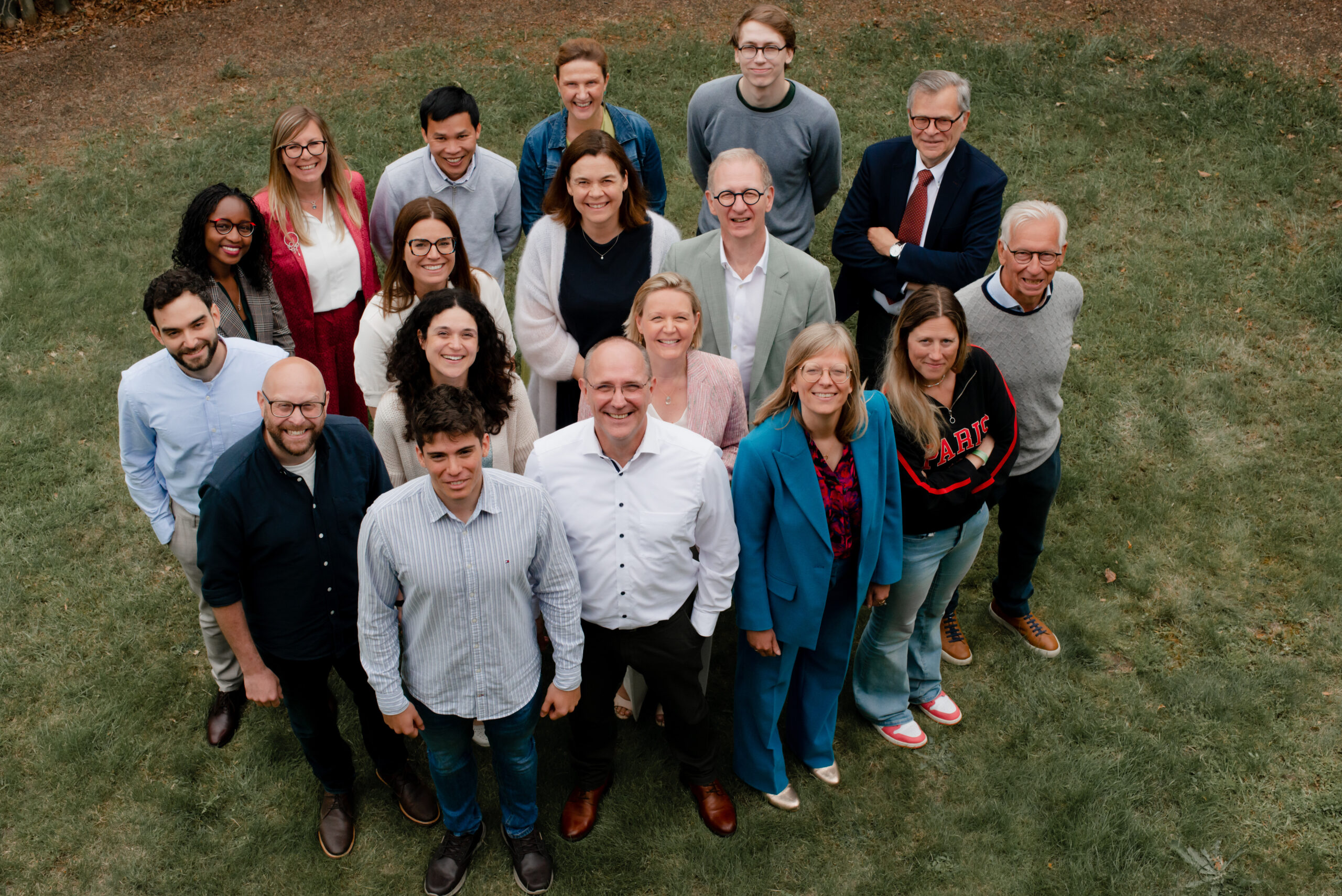Exemption for recovered waste under REACH Article 2(7)(d) from REACH registration
Recovered waste - To exempt or not to exempt from REACH registration
Recovery operators which recycle waste to marketable substances, mixtures, and articles (i.e. “recovered substances”) within the EU may be eligible to benefit from an exemption for REACH registration, saving both time and money.
Waste within the EU falls under the Waste Framework Directive (WFD) and other relevant waste legislation. The Waste Framework Directive has provisions which foresee the recovery of waste into valuable materials, and therefore, ceases to be waste, having reached “End-of-Waste status”. A material that has achieved End-of-Waste status ceases to fall under relevant waste legislation, and instead, other compliance obligations become relevant (e.g. REACH & CLP).
In the case of recovered materials (i.e. substances and mixtures) that fall again under the REACH regulation, the typical route to regulatory compliance is (co-)registration. This route can be costly, depending on the tonnage band, due to testing and data needed to satisfy registration dossier information requirements, or Letter of Access (LoA) prices for co-registration of the substance.
These costs can be prohibitive, especially for many innovative recycling companies devising novel processes to help drive the transition towards a truly circular economy. However, the REACH regulation foresees an exemption for registration for recovery operators in Article 2(7)(d).
Article 2(7)(d)
Article 2(7)(d) specifies that:
“The following shall be exempted from Titles II, V and VI:
[…]
(d) Substances, on their own, in mixtures or in articles, which have been registered in accordance with Title II and which are recovered in the Community if:
the substance that results from the recovery process is the same as the substance that has been registered in accordance with Title II; and
the information required by Articles 31 or 32 relating to the substance that has been registered in accordance with Title II is available to the establishment undertaking the recovery.”
In short, recovery operators, which recover the substance within the European Community, are exempt from registration if the recovered material they produce is already registered by another entity, and the information required to allow safe use of the substance throughout the supply chain is available to them.
Companies willing to benefit from this exemption must provide the authorities (only on request) with appropriate documentation justifying that their recovered substance qualifies for the exemption. It is important to note, however, that individual Member States may have their own reporting obligations regarding the waste feedstock or the recovered substance as part of “End-of-Waste” obligations.
Checking the eligibility for exemption under Article 2(7)(d)
It is important to ensure that as a recovery operator benefitting from Art. 2(7)(d), that you correctly fulfil all requirements. A recent EU enforcement project identified compliance issues with over 33% of companies claiming to benefit from the exemption, resulting in fines and administrative orders.
To avoid this, an objective assessment against the exemption criteria is required. In a first case, as the recovered material is produced from waste, the “End-of-Waste” status needs to be verified. This procedure can be Member State specific. Further information on End-of-Waste self-assessments and applications are provided in our other posts!
After the End-of-Waste status is confirmed, and it is ascertained that the recovered material falls under REACH, the eligibility for the Article 2(7)(d) exemption should be assessed.
The assessment aims to provide a clear decision as to whether the recovered material is placed on the market under the exemption, or whether registration of the material is required. Should you choose to benefit from the Art. 2(7)(d) exemption, it is important that all the evidence used to make the assessment is readily available to the authorities in case of a compliance check and can clearly justify alignment with the exemption criteria. Failure to do so can result in severe consequences!
How can Apeiron help?
Apeiron has extensive experience in supporting companies which handle and recover waste to produce useful and valuable substances and products as part of its Circular Economy business unit.
Apeiron can provide guidance and independent assessment of your recovered substance and evaluate whether you benefit from exemption of registration.
Furthermore, Apeiron can prepare, and assist in gathering the necessary evidence to justify to the authorities your benefit of the exemption, thereby fulfilling your compliance obligations.
Still unsure of Article 2(7)(d)? or are you a fish out of water concerning the Waste-“End-of-Waste”-REACH framework? Reach out to Apeiron and allow us to take the regulatory burden from your shoulders.
Like the sound of Apeiron?
We'd love to know more about you! We are always looking for people who are driven by passion.


